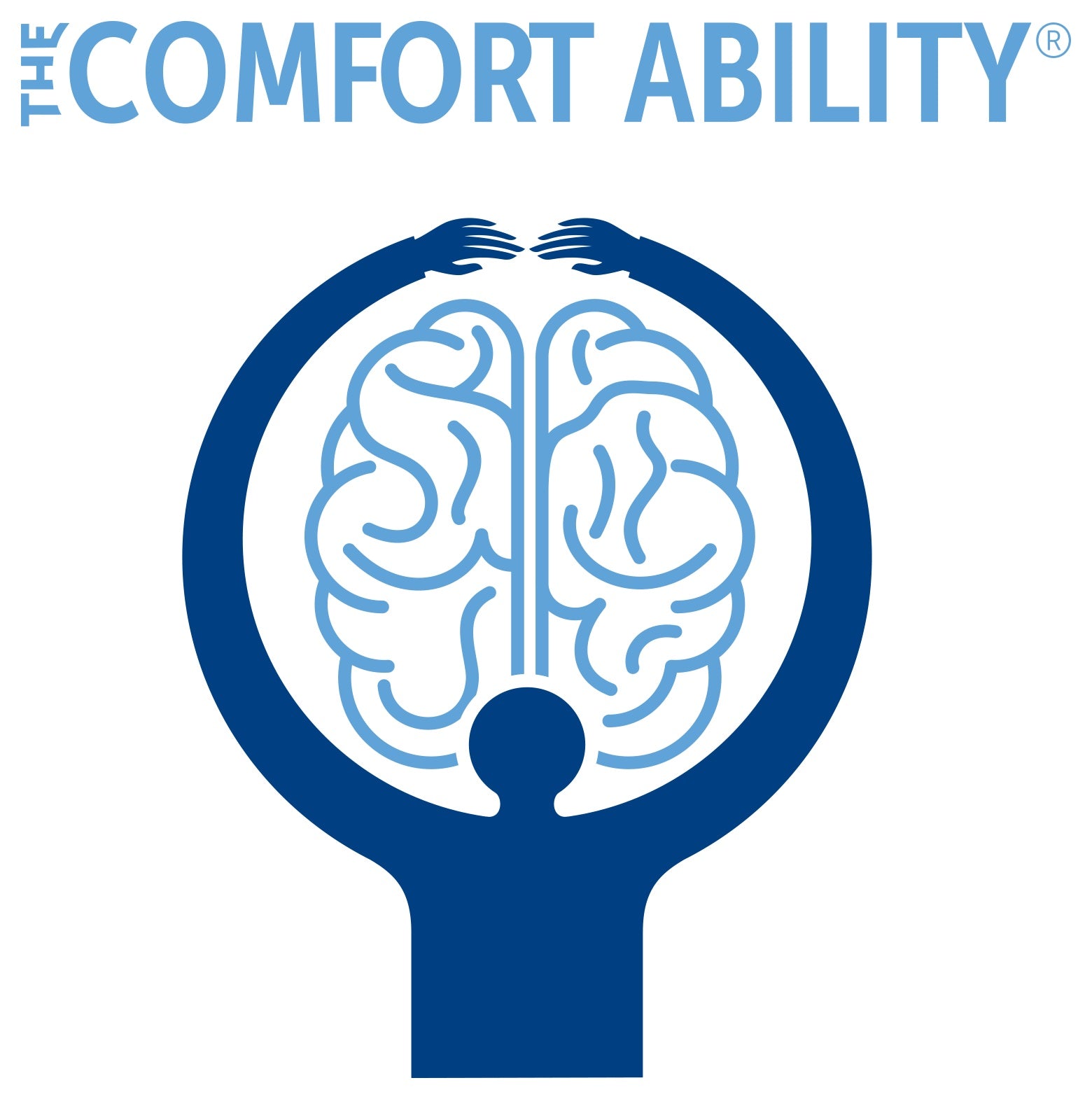When reflecting upon my chronic pain journey, there have been numerous hills and dips in this over 7-year long rollercoaster. What started as a headache one morning turned into a week of a headache, which throughout time moved into intense full-body pain, impairing me of my ability to do simple everyday tasks like going to school, and at one point got so severe to the point that I could not even walk. Throughout my years-long of diagnoses, tests, and failed medications and both diagnostic tests and procedures, that I found a multidisciplinary pain clinic. My experience at the pain clinic was not only one that gave me my function back, but also gave me a whole new outlook on life.
The skills we learned in the pain clinic were all focused on functioning. When the pain would not go away with medications and other therapies, the only other alternative to that was to focus on function and getting back to everyday life. We not only learned how the pain manifests in the body from a physiological point of view, but we learned the neuroscience behind the pain and how different non-medicinal strategies such as mindfulness, yoga, meditation, and exercise were so integral into resuming normal functioning.
Every Friday, during my time at the pain clinic, we would practice yoga. I quickly found an affinity for the practice, and upon my return home found a yoga studio. At the time, I knew nothing about yoga except for things I heard on the media about how beneficial it was for the mind and body. When I started practicing Power Yoga, I did not know at the time how beneficial it would not only be for my mind, helping me to create a more positive outlook to view the pain but over time it became an extremely effective pain relief strategy that I was fortunate enough to add to my toolbelt.
Today, I am almost 4 years out from my experience at the multidisciplinary pain clinic. It is important to remember that the tools you learn at these clinics are not meant to be a magic cure. Multidisciplinary pain clinics are meant to provide tools to add to your ever-evolving toolbelt of coping strategies. The road to recovery and the path to full functioning is not a linear trajectory. Over the years, I have had days and weeks that have been harder than others and even medical setbacks, but one thing that remains constant in my life is the toolbelt that I have acquired and the skills I have learned that help to put me back on track. I am a fully functioning college student that has traveled the world, studied abroad and become an active member of chronic pain research and advocacy. Living with chronic pain does not have to mean a life full of misery, but instead has allowed me to live a life full of possibility for change within myself and the field of chronic pain.
